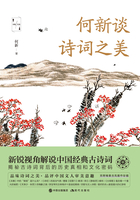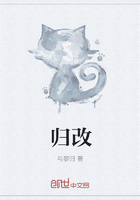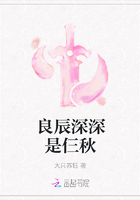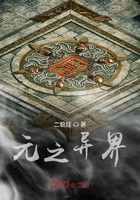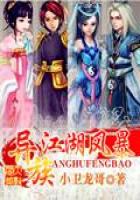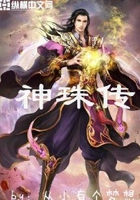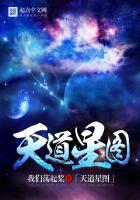In 209 BC, when the second Emperor of the Qin Dynasty (221 BC-206 BC) had just ascended the throne, peasant uprisings led by Chen Sheng and Wu Guang broke out. The Qin Dynasty fell into chaos. The fortunes of the rebel armies rose and fell as circumstances changed but gradually, two outstanding leaders emerged - Liu Bang and Xiang Yu.
Liu Bang and Xiang Yu were the most important leaders in the revolt against the Qin Dynasty. As the Qin Dynasty hurtled towards oblivion, they began to fight each other from about 206 BC. The war between the Chu and Han lasted for four years. The army of Xiang Yu suffered a number of setbacks. In 202 BC, the army of Xiang Yu arrived at Gaixia (present-day Lingbi in Anhui Province), but they were closely followed and besieged by the army of Liu Bang. The grain available to Xiang Yu’s army was all but gone, and the morale of the Chu soldiers sunk very low.
To demoralise the Chu soldiers even more, Liu Bang sent people to sing Chu songs in area close to the Chu camps at night. The songs could be heard in the Chu camps from all sides.
Hearing the Chu songs, Xiang Yu and his soldiers were shocked, immediately thinking that the Han troops had overrun their homeland and had taken many of their kinsmen captive. The songs also made the Chu soldiers feel very homesick, and more and more of them began to desert and head for home.
Xiang Yu was vexed and found it very difficult to fall asleep. To help him sleep, he drank wine with his favorite concubine Lady Yu who loved him deeply. The great hero had come to a dead end. Xiang Yu couldn’t conceal his desolation, and he sang piteously, “My strength has moved mountains and my ambition shook the world, but the times are against me and my steed gallops no more.
What can I do when my steed gallops no more?
Oh what can I do for you now, Lady Yu, my love?”
Lady Yu was moved to tears. She answered her lord with a song, “Our foes have overrun our land, from all around they sing our songs.
With such mighty strength my lord can’t stand, what can such a frail woman as I do!”
No sooner had she finished her song than Lady Yu committed suicide with a sword. Xiang Yu was overwhelmed with grief. He led 800 mounted soldiers in a desperate attempt to break through the siege. When they finally retreated to the Wujiang River, there were only 28 of them left.
Hearing that the army of Xiang Yu had been defeated, the leader of the area beside the Wujiang River brought a boat to wait for him by the riverside. He said to Xiang Yu, “Though the area east of the lower reaches of the Yangtze River is small, it extends for over 500 km and has a population of several hundred thousand. If you make this your base, you can still rightly term yourself a lord. Please take boat, my lord. There is only my boat here. Even if the Han soldiers come, there is no way for them to cross the river.”
Xiang Yu smiled and said, “Since Heaven has chosen to destroy me, there is no need for me to cross the river. I led 8,000 men in a fight for glory and territory, and none of them survive today. Even if others could honor me as a lord, I could never face them.”
Xiang Yu entrusted the steed which had accompanied him for years to the boatman. He led his remaining 28 warriors on foot to meet the Han soldiers who were pursuing them.
The Chu and Han troops fought hand-to-hand. Xiang Yu killed several hundred Han soldiers and suffered more than ten wounds before cutting his own throat.
Liu Bang finally conquered the area east of the lower reaches of the Yangtze River and established the Han Dynasty (206 BC-220 AD).




